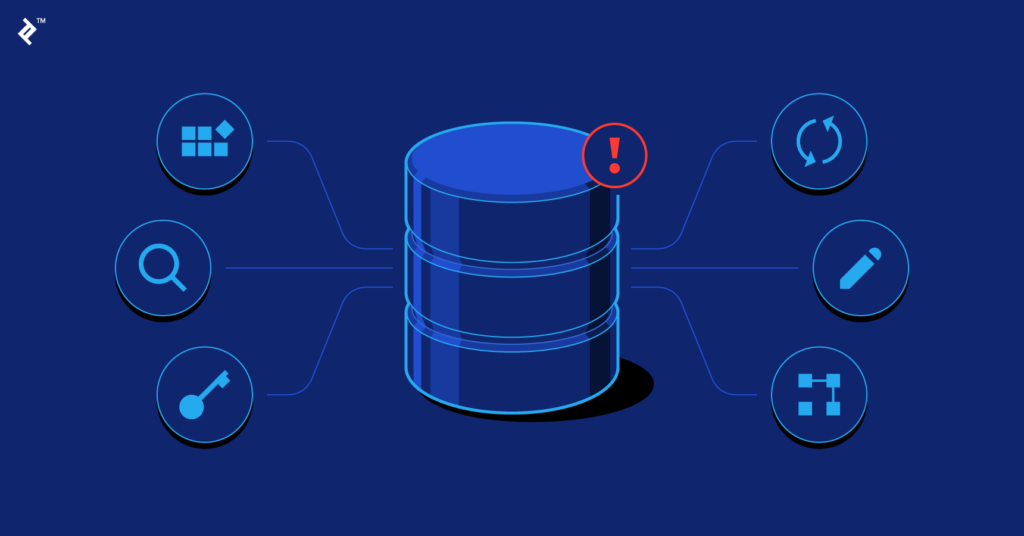The use of PL/SQL coding features, such as packages, stored procedures, functions, and triggers, offered by Oracle is aimed at implementing the logic of data management within a database. Similarly, PostgreSQL also provides comparable capabilities for database logic, albeit with some syntax and semantic differences that require attention during the conversion process between the two DBMS. In this article, we will explore some tips and tricks to assist database engineers or other responsible staff in migrating PL/SQL source code from Oracle to PostgreSQL.
When migrating from Oracle to PostgreSQL, it is vital to understand that while Oracle uses packages to organize functions into semantic groups, PostgreSQL uses schemas for the same purpose. Furthermore, PostgreSQL does not have package-level variables, but such variables can be emulated as data of a temporary service table. To ensure a successful migration, it is crucial to research the best practices for translation of stored procedures, functions, triggers and views from Oracle to PostgreSQL preserving semantic of every unit in terms of solving particular routine, instead of simply converting the syntax.
Aside from syntax differences, having a thorough understanding of both Oracle and PostgreSQL is essential before commencing the migration process. If your application uses Oracle’s proprietary features, you will need to rewrite those parts of the application that utilize Oracle. Addressing any syntax and functionality differences between the two systems is vital to ensure a smooth transition.
The following is a partial list of the most significant differences between Oracle and PostgreSQL:
- PostgreSQL requires all subselects to have aliases, whereas in Oracle, it does not need a name.
- Oracle does not distinguish NULL and an empty string, which must be carefully considered to preserve proper semantics in the migrated code in PostgreSQL.
- Oracle may use special syntax for outer join using the operator (+), which must be translated into SQL standard syntax when migrating to PostgreSQL.
- Oracle and PostgreSQL treat sequences differently. The following Oracle method to produce the next value mysequence.NEXTVAL must be converted into the PostgreSQL equivalent nextval(‘mysequence’).
- Oracle supports the specific statement DECODE, which must be replaced by CASE/WHEN in PostgreSQL code.
- PostgreSQL treats the body of stored procedures and functions as a string, so it must be enclosed in dollar-quotes $$. Additionally, the DBMS requires a ‘LANGUAGE’ specification at the end of the body.
- Create statements of Oracle triggers include source code right in the CREATE TRIGGER declaration. PostgreSQL requires that the source code of the trigger be arranged as a standalone function with a reference from the CREATE TRIGGER declaration.
Migration of stored procedures, functions, triggers, and views from Oracle to PostgreSQL can be partially automated via special tools. The tool called Oracle to PostgreSQL Code Converter provides required capabilities. Being developed by Intelligent Converters company, the product can migrate Oracle stored procedures, functions, triggers, and views into PostgreSQL equivalents. Predefined Oracle types and built-in functions are mapped into PostgreSQL equivalents, all reserved words and identifiers are handled intelligently.
To learn more about the Oracle to PostgreSQL Code Converter, visit the official site of Intelligent Converters.

